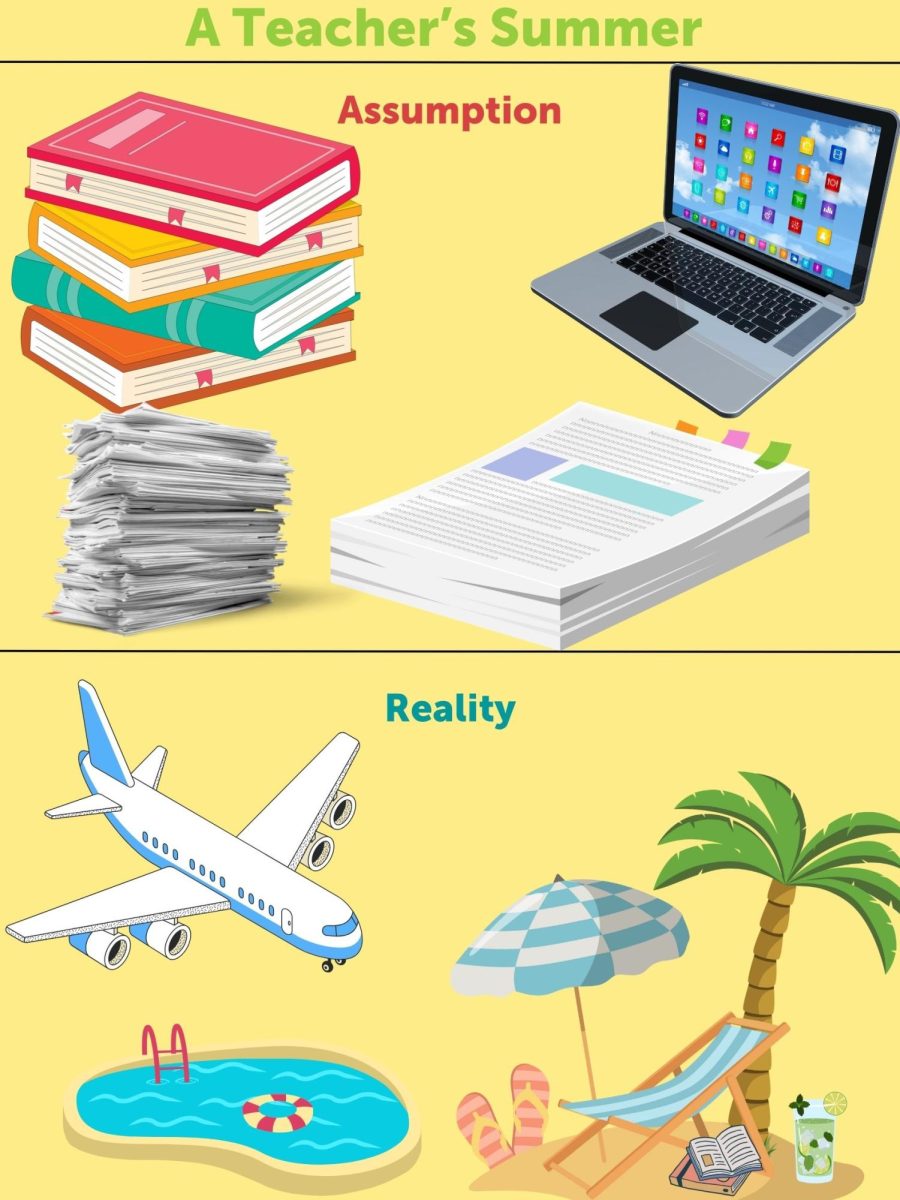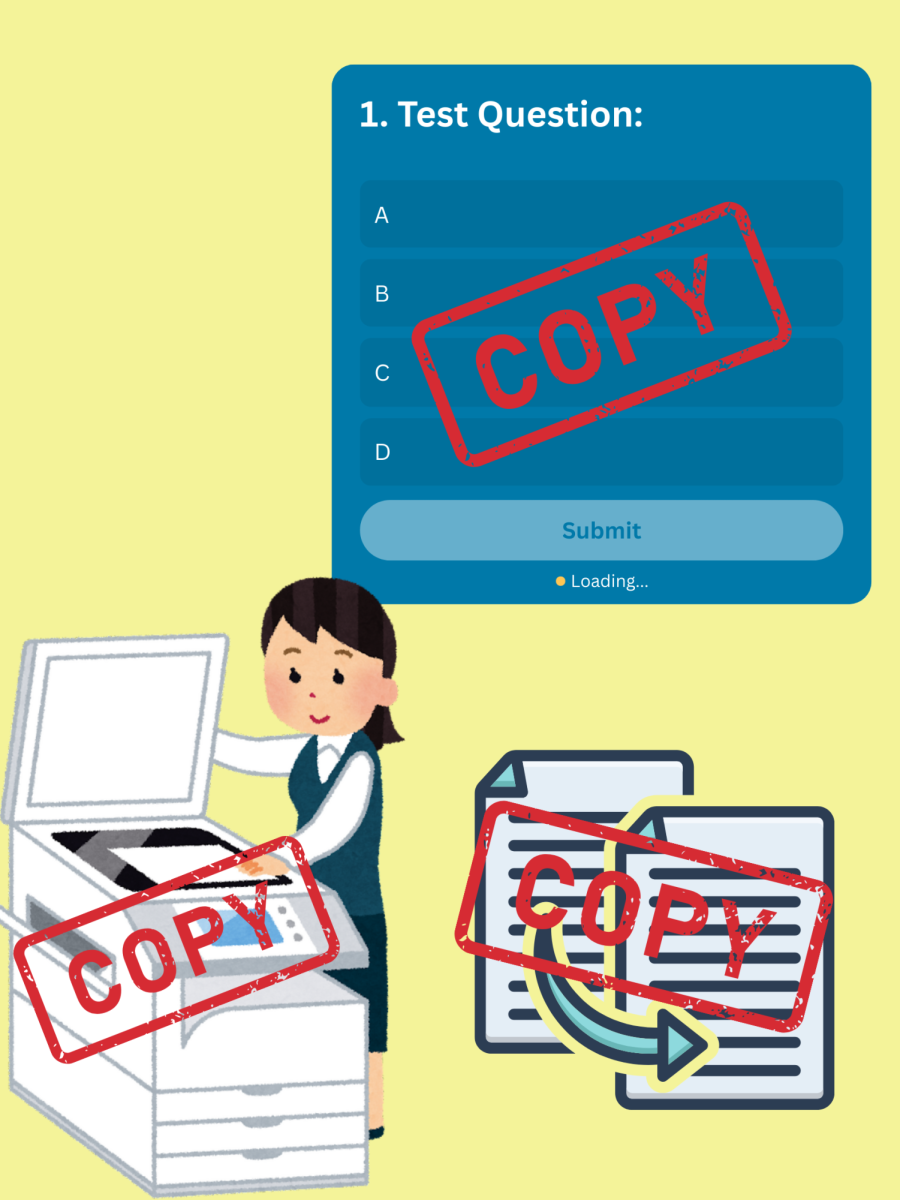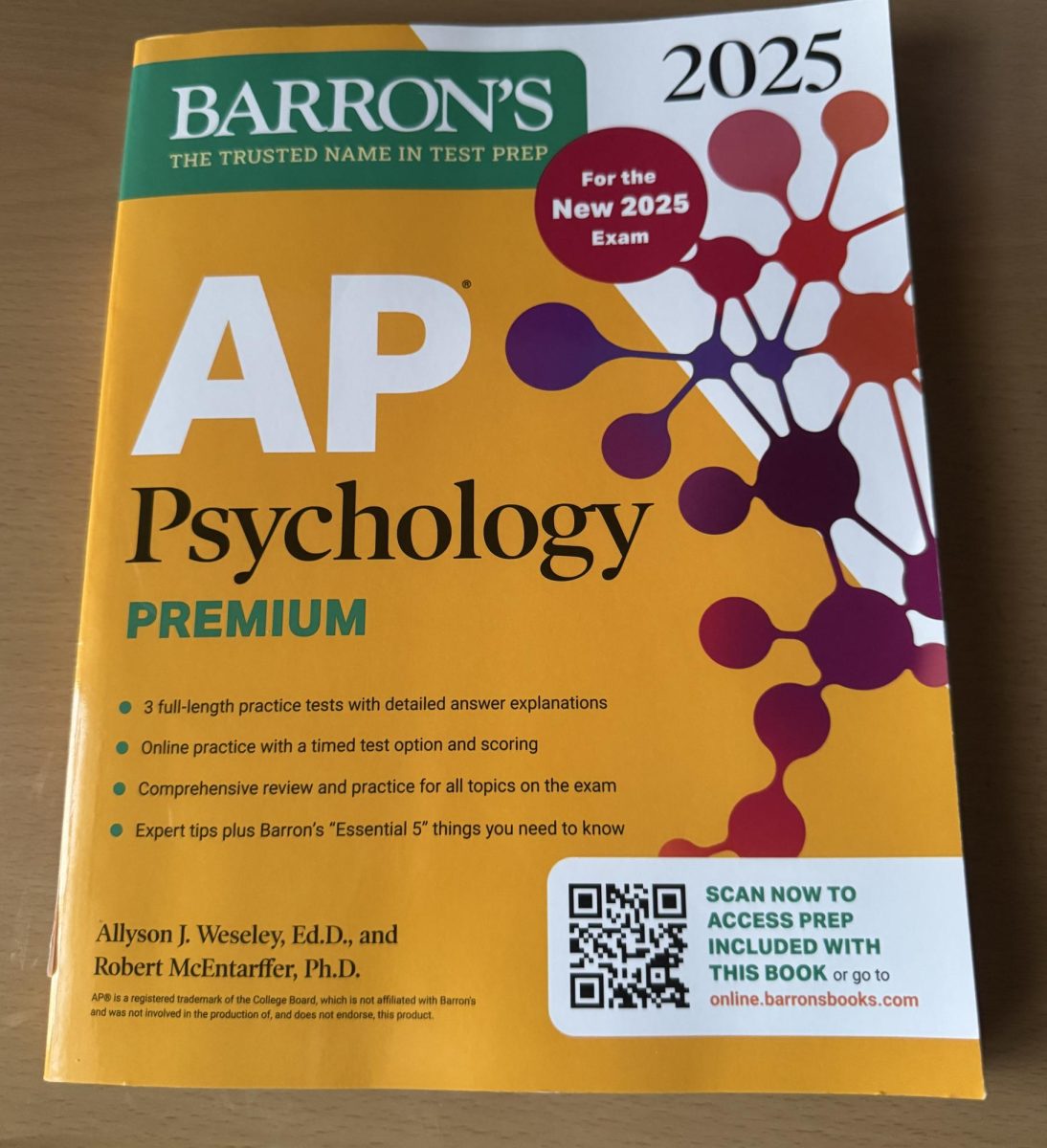As the new year starts, many underclassmen are transitioning from taking Honor classes to taking multiple advanced placements, otherwise known as AP classes for the first time. Since AP classes are different from the usual classes students are used to taking, they might struggle to find a way to study and prepare when AP testing season rolls around.
“Start prepping from the start of the year because this is when you need to start collecting information and the notes you are going to need for the exam,” said junior Anika Bhatia.
Preparing from the start of the year can help students succeed in their AP classes rather than procrastinating or cramming weeks before the actual AP test comes. Procrastinating will only create more stress and a heavier workload as students would have to relearn the entire curriculum in a short amount of time.
“This isn’t a judgment but sometimes students get into a trap where they go a bit too easy in the course of the year and they try to cram it all in the very end,” said Kevin Winters, an AP U.S. History and AP World History teacher. “If you’re not doing that then you will have a much better time when the AP test is coming because you won’t try to teach yourself new things.”
Preparing for the AP exam might not be the big problem but rather the amount of AP classes that students are taking. Competition has risen in the past couple of years and taking multiple AP classes has become the new standard of the path to success. Due to this, many parents pressure their kids to take many AP classes and many students themselves feel pressured to take multiple AP classes due to their friends and peers.
“I feel extremely pressured to do AP classes and that definitely has to do with the county because people here are extremely competitive,” said junior Anniemaria Britto.
The negative aspect of the APs on top of the workload, also includes the common belief that APs actually matter to colleges when in reality they are a small part of a student’s high school experience. Evidently, it would also be important to note that it’s not guaranteed that students will gain credit as colleges might not even accept the AP credit. Especially if the college is out of state.
“The dirty secret is that a lot of AP classes often aren’t even accepted by the school,” Winters said.
There is the argument that the county should cap the amount of AP classes a student can take. The workload that students are taking on in the present day can be stressful since they are taking more AP classes then a college student. Colleges expect students to take about four to five classes a semester and taking more than 18 classes would need to be approved by the department.
“I think there should be a limit on how many credits you can take in high school because in college there is a limit in how many credits you can do,” Britto said. “And you have to get dean approval if you want to do over a certain amount of APs.”
Nevertheless, this doesn’t mean AP classes are entirely useless. They allow students to experience a different type of learning which will allow them to improve their critical thinking skills and writing skills, along with many other benefits.
“APs will help students in the future by letting them have a taste of college courses and what they entail,” Bhatia said. “It also helps students realize what interest they have depending on what AP courses are hard or interesting and their likes and dislikes.”
If students are passionate or interested in a certain subject then AP courses can allow them to further their education in that topic. Taking a class in something a student is interested in gives students the opportunity to explore their interests which allows them to have a positive learning experience and actually enjoy the class.
“You need to push yourself but you need to push yourself about what you are passionate about and what you want to do,” Winters said. “It’s better for students to have some classes that are fun and not as demanding of their time, it makes students more well rounded and they enjoy school more.”
Students should consider lightening their workload if they are stressed about the amount of classes they are taking. Although they might think that switching classes might take a negative toll on their grades, taking classes which are more than what they can handle will only continue to impact their mental health and grades in a negative way.
“[Students should really] evaluate if they should be taking all those classes,” Winters said. “It’s okay to be [a highschooler] and not be taking 5 or 3 or [however] many AP classes you are taking. You don’t have to be a college student yet. You can be a highschool student, there’s nothing wrong with that.”
High School students, while they are transitioning to teenagers, are still considered kids who are only just experiencing new aspects of life and being introduced to things such as driving, getting a new job, etc. While they have responsibilities such as studying, it isn’t necessary to take on such a high level of stress when they are still minors. Having fun with friends and exploring new things is just as important, especially for one’s mental health.





